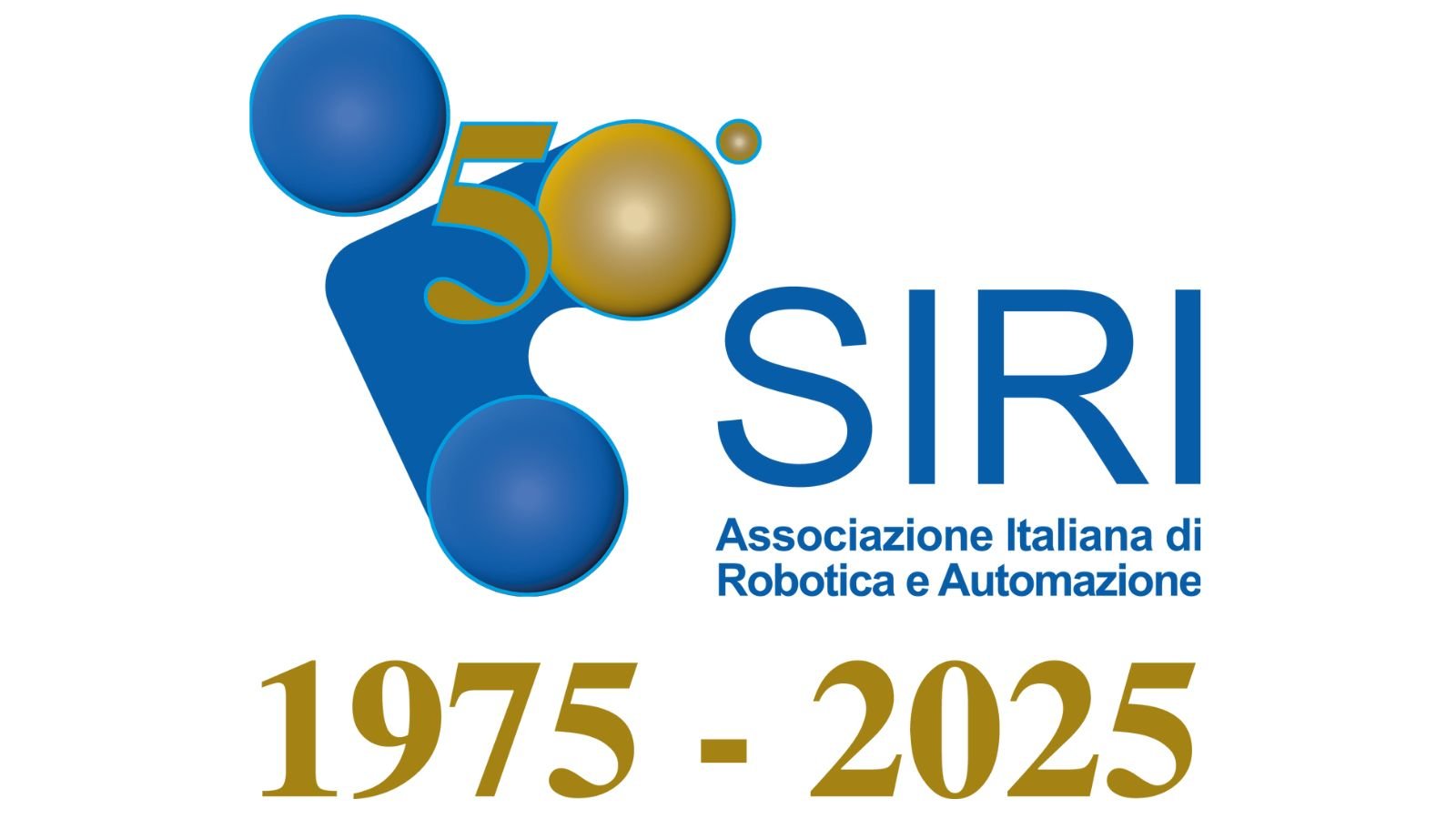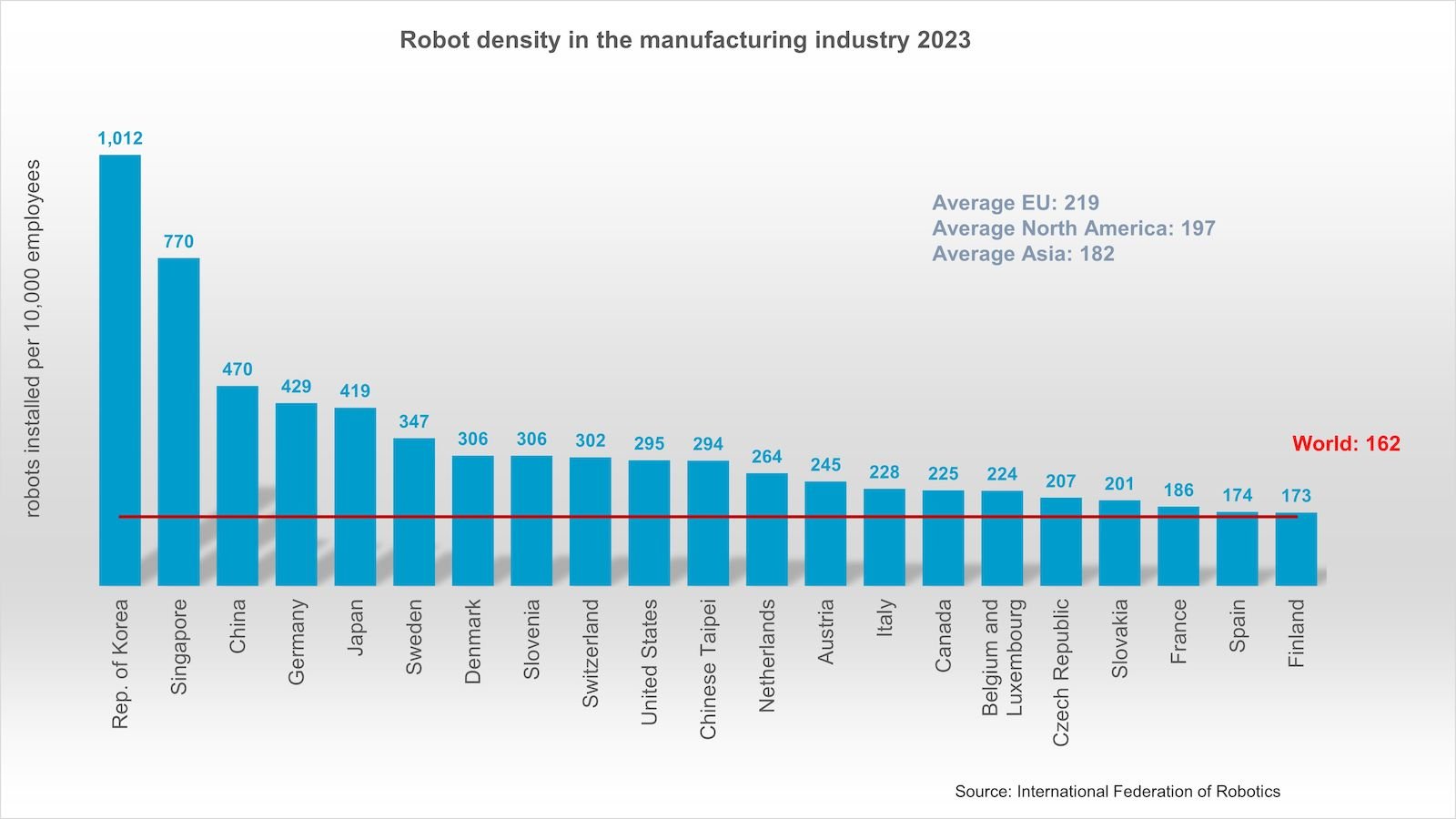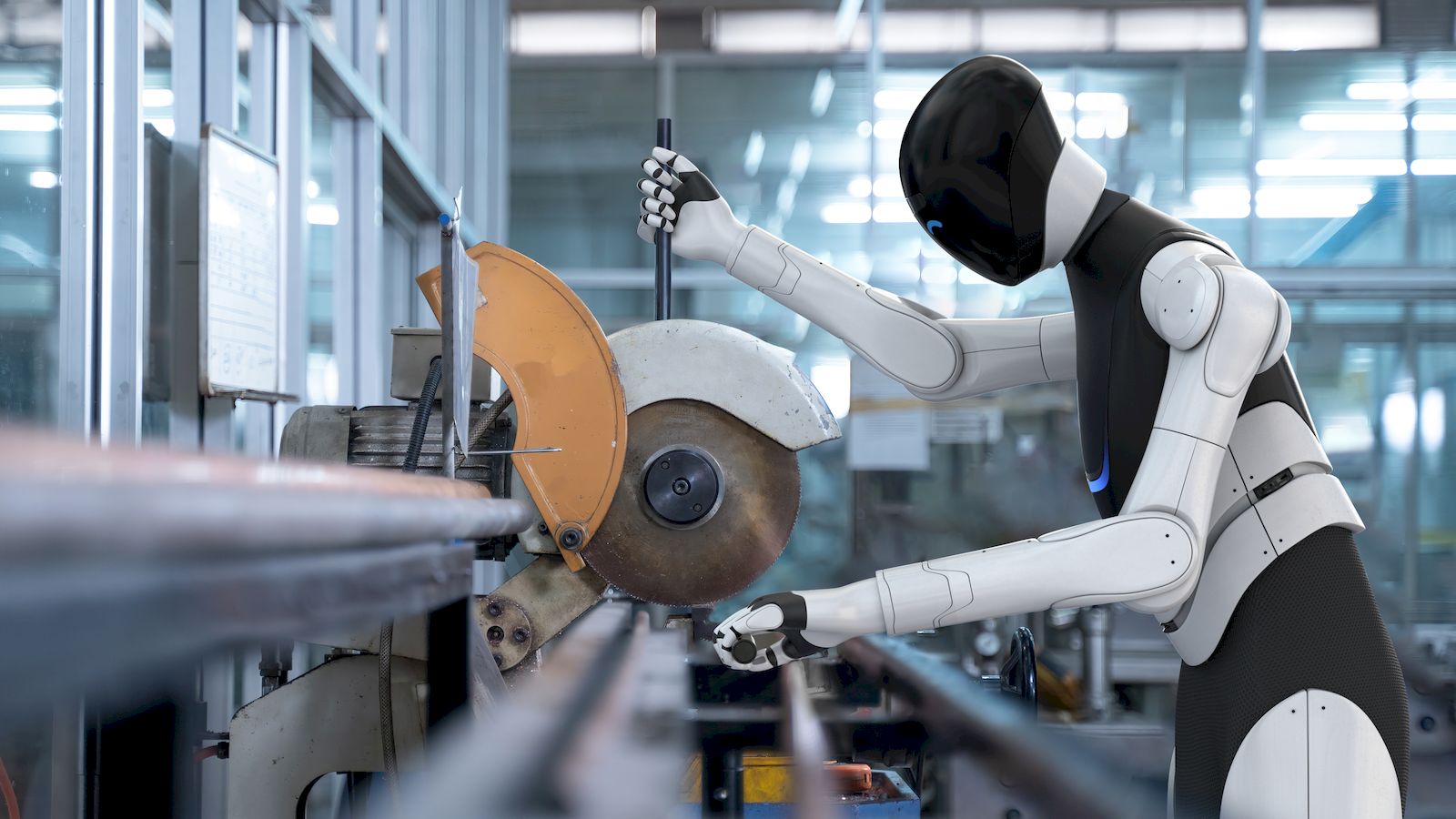
2022 certainly was a year of ups and downs. The fear about COVID-19 finally dwindled, and most parts of the world came back to normal. We also started the year with a positive outlook on the global economy. Then, the global community was shocked by humanitarian disaster: the Russian war against the Ukraine. Our thoughts are with all that are suffering from this conflict.

Dear Reader,
With the year slowly coming to an end, I would like to take a moment to look back and recap.
2022 certainly was a year of ups and downs. The fear about COVID-19 finally dwindled, and most parts of the world came back to normal. We also started the year with a positive outlook on the global economy. Then, the global community was shocked by humanitarian disaster: the Russian war against the Ukraine. Our thoughts are with all that are suffering from this conflict.
2022 brought back global trade shows and the opportunities for most of us to travel more freely around the globe - and to meet back in-person meetings. It was so good to meet many of you personally, as networking and exchange of thoughts still works much better in the physical than in the digital world.
While rising prices for intermediate products and energy and the scarcity of electronic components are challenging all branches of the global economy, 2022 also brought us a particular spirit of optimism. In particular in the Americas and Asia, general industries are heavily investing into robotics and automation, driven by the pandemic. This was first indicated by IFR's quarterly quick survey, but finally is also manifested in the long-awaited World Robotics 2022, that was published by IFR on October 13.
IFR's annual statistics reported an all-time high with more than half a million industrial robots installed in factories around the globe in one year - a plus of 31% (the third highest annual growth rate ever). The top five markets China, Japan, the United States, the Republic of Korea, and Germany now account for 78% of global installations. This comes as no big surprise, as China alone covers 52% of the market.
China has also taken a big leap in robot density, hitting 322 robots per 10,000 manufacturing employees in 2021 and thus ranks in fifth place. Only five years ago, China still ranked 23th with a robot density of only 68.
Global service robotics sales grew by 37% globally in 2021. Top five applications in professional service robots are transportation of goods or cargo, hospitality, medical robots, professional cleaning as well as agriculture.
The outlook for both the industrial and the service robots’ markets is a positive: Order books are full and demand for industrial robots has never been higher. We forecast average annual growth rates in the medium to upper single-digit range for the next few years. In service robotics, the market is mainly driven by the demographic change, which is burdening labor markets in many economies around the world.
We are looking optimistically into the year 2023. For the robotics industry, it will be the first year with all three major robotics trade shows - Automate, automatica and iREX - happening within eight months. This will be a great opportunity for all stakeholders to meet and (potential) robot users to learn about the latest developments and about the opportunities robotics is offering to them. I’m looking forward to meeting all of you at least at one of these occasions.
I wish you a peaceful holiday season and a happy and successful New Year.
Best regards
Marina Bill
IFR President




